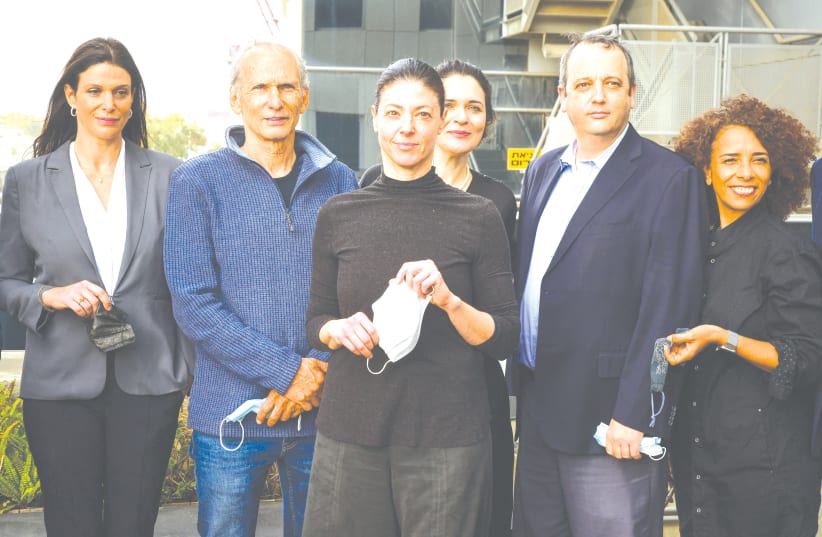Elections: Israel needs a strong Left to safe it from itself - opinion
While there are popular opposition leaders today, such as centrist Yair Lapid, he isn’t the savior who will enable the Israeli Left to seriously challenge the Right’s entrenched beliefs.
